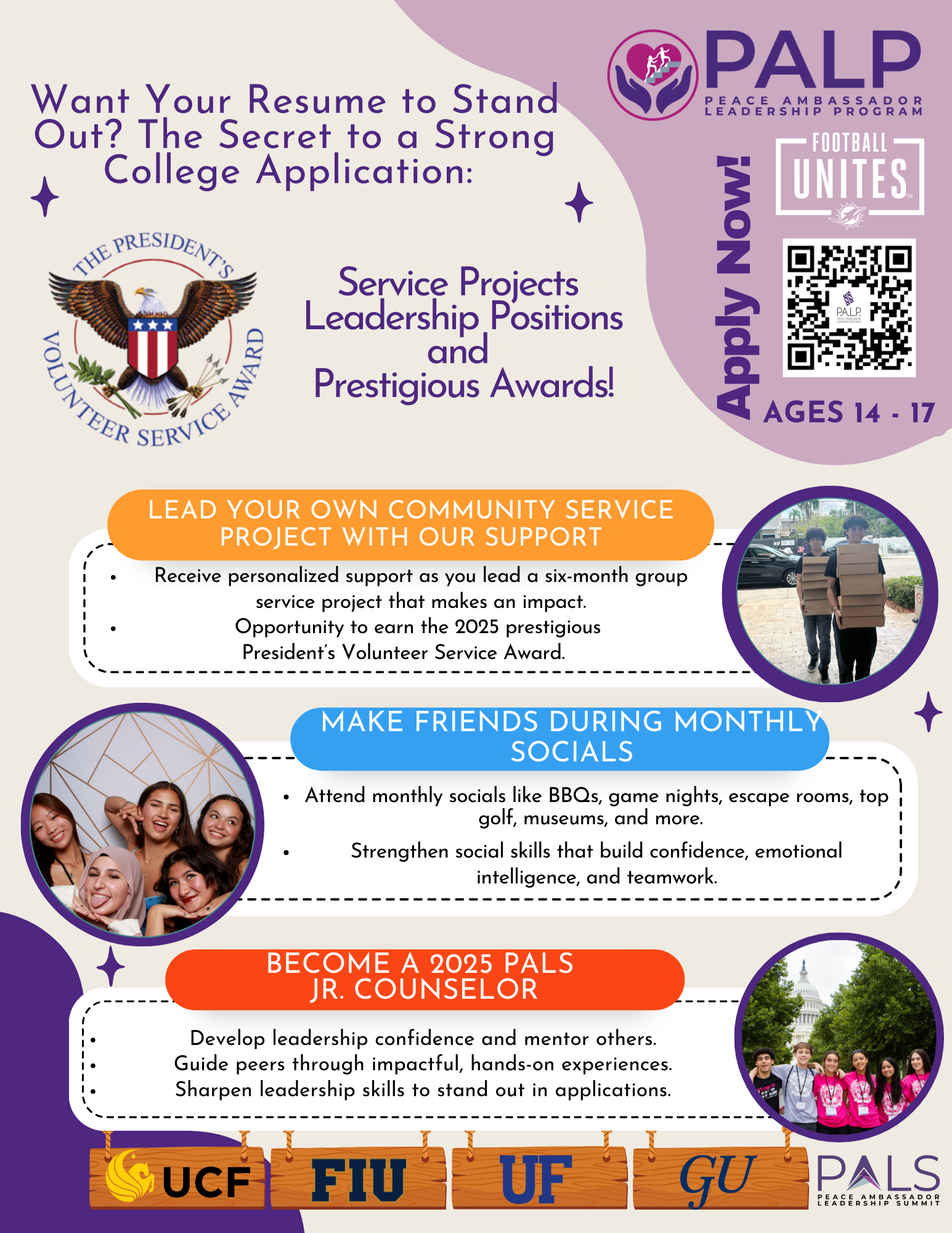Parental Guidance: How to Support Your Teenager Through High School
(Without Losing Your Mind or Your Connection with Them)
By: Sophia Estaban | October 15th, 2024


Open Communication: The Foundation of Trust
As teens start to push for independence, it’s easy for parents to feel shut out. But the truth is, even when your teenager seems distant or aloof, they still crave your support. The key to staying connected is keeping communication open—making sure your home is a place where they feel safe to express themselves without fear of judgment.
Encourage conversations that go beyond “How was your day?” Instead of just focusing on grades or performance, ask them how they’re feeling about their friendships, their goals, or any challenges they’re facing. Listen without jumping in to fix things right away. Sometimes, just being there to hear them out is enough.
Why It Matters: The more your teen feels they can talk to you about the small things, the more likely they’ll turn to you when bigger issues come up—whether it’s peer pressure, academic stress, or emotional struggles
Encourage Exploration: It’s More Important Than Ever
High school isn’t just tough academically; it’s emotionally taxing too. Teens today are dealing with heightened stress, anxiety, and pressure from social media, academic demands, and their peers. As a parent, one of the most valuable things you can do is normalize conversations around mental health.
Don’t wait for a crisis to start talking about stress management, anxiety, or depression. Ask open-ended questions like, “What’s been weighing on you lately?” or “How are you handling everything right now?” Let your teen know it’s okay to not be okay—and that seeking help, whether it’s from you or a professional, is a sign of strength, not weakness.
A Note on Tools Like PALP: Programs like PALP can offer an additional layer of support for teens in this area, teaching them how to manage stress and build emotional resilience. But it’s just as important for parents to model healthy emotional habits at home.
College and Career Prep: Start the Conversation Early (But Keep It Low-Pressure)
The pressure to succeed academically and prepare for the future is a huge source of stress for high school students. Parents can often unintentionally add to that pressure by focusing too much on grades or college acceptance. Instead, shift the conversation from “Where are you going to college?” to “What do you enjoy learning about?” or “What kind of life do you see for yourself?”
By focusing on their interests and passions, you help your teen envision a future that excites them—not just one that meets societal expectations. Start these conversations early, but don’t make them feel like every decision is make-or-break. Keep the dialogue ongoing and low-pressure, allowing your teen to explore different paths without feeling overwhelmed.
How Programs Like PALP Fit In: PALP can guide teens through this process, offering mentorship, leadership training, and practical tools like time management skills that will benefit them not only in high school but throughout life. But again, it’s about fostering that foundation of support at home first.

Navigating Bullying and Social Pressures: Be Your Teen’s Advocate
Bullying, both in-person and online, continues to be a major issue for high schoolers. Whether your teen is experiencing it themselves, witnessing it, or feeling the pressure to fit in, it’s essential for them to know you have their back. Stay alert to changes in behavior—whether it’s withdrawing socially, unexplained anger, or a sudden drop in academic performance.
Open the door to conversations about their social experiences by asking open-ended questions like, “How are things going with your friends?” or “What’s the general mood at school these days—anything interesting happening?” If bullying comes up, resist the urge to react immediately with solutions. First, listen. Then, ask how you can best support them. Whether that means stepping in or helping them navigate the situation on their own terms, knowing you’re there for them is what matters most.
A Resource for Advocacy: While parents are the first line of defense, programs like PALP help teens build the confidence to advocate for themselves and others, providing them with tools to address bullying and stand up for their peers in meaningful ways.
Fostering Independence: Let Them Lead (Even If It’s Messy)
High school is a crucial time for your teen to start developing independence. As much as you want to protect them from mistakes, letting them take the lead in certain areas can be an important step in their growth. Encourage them to make decisions—whether it’s managing their time, organizing their schoolwork, or deciding which extracurriculars to commit to.
This doesn’t mean stepping away entirely, but it’s about offering guidance while allowing them the space to figure things out for themselves. If they stumble, be there to help them learn from the experience rather than rushing in to fix it.
Supporting Programs: Leadership programs like PALP are designed to nurture this kind of growth, giving teens hands-on experience in taking responsibility, leading projects, and learning from both their successes and failures. It complements the independence you’re fostering at home.
Conclusion: You’re Not Alone—It Takes a Village
Parenting a teenager through high school can feel like trying to hit a moving target. The challenges are real, but so are the opportunities to help your teen grow into a confident, resilient adult. By maintaining open communication, supporting their mental health, and fostering independence, you’re giving them the tools they need to thrive.
Remember, you don’t have to do it all on your own. There are resources, like PALP, that can offer additional support and guidance for both you and your teen. Together, you can help them navigate high school with confidence and set them on a path to a bright future.
Ready to explore more? Check out programs like PALP that focus on leadership, mental health, and personal growth to help your teen succeed—not just in high school, but in life.








